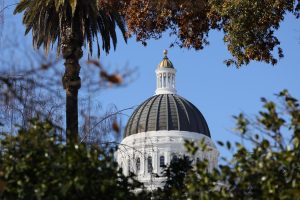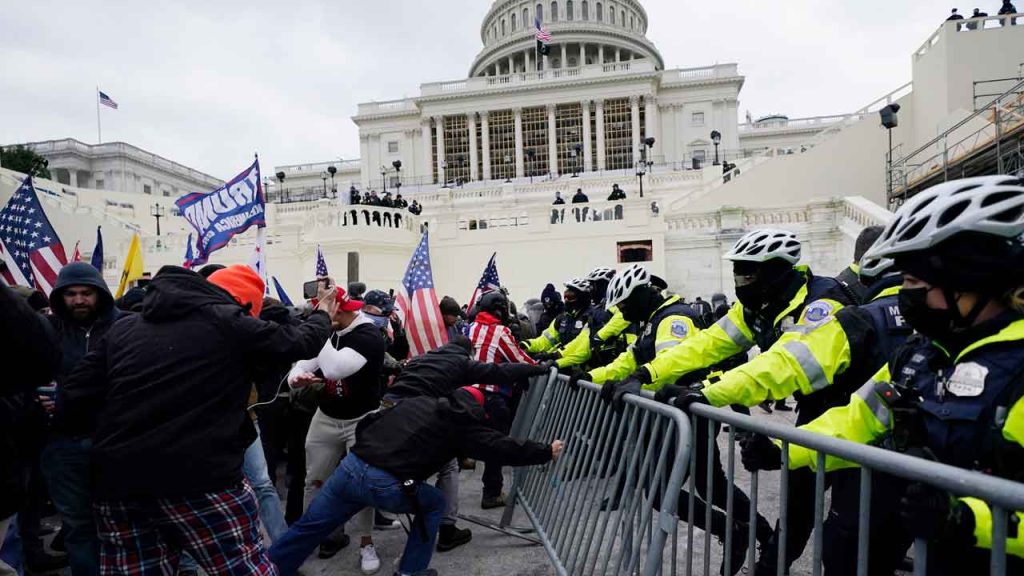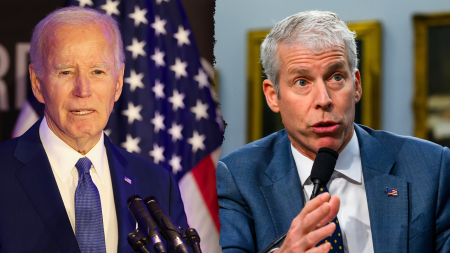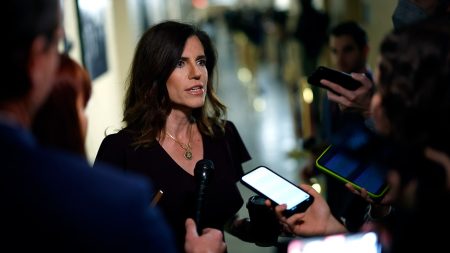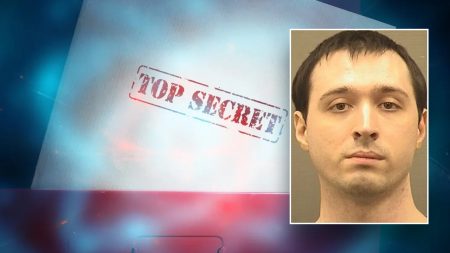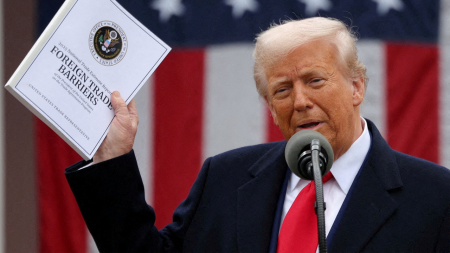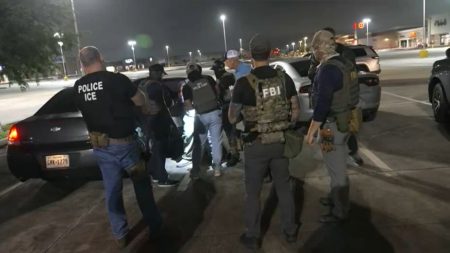The Department of Justice Inspector General’s report on the FBI’s handling of confidential human sources (CHSs) leading up to the January 6th Capitol riot revealed a nuanced picture of the Bureau’s involvement. While 26 CHSs were present in the crowd that day, only three were specifically assigned by the FBI to attend the event. The report emphatically states that none of these individuals were authorized or directed by the FBI to engage in illegal activity, including breaching the Capitol, entering restricted areas, or inciting others to commit crimes. One assigned CHS did enter the Capitol building, while two others entered the restricted area. The FBI, in its response, emphasized its secondary role in intelligence gathering and security on January 6th, deferring primary responsibility to the Department of Homeland Security.
The report clarifies the roles of the three FBI-assigned CHSs. One was tasked with monitoring a suspected domestic terrorism subject who was independently planning to travel to Washington D.C. for the Electoral Certification. Another was assigned to potentially report on two domestic terrorism subjects from a different FBI field office. The third CHS, who had already planned to attend the events on their own initiative, was tasked with potentially reporting on two other domestic terrorism subjects from different FBI field offices. These assignments underscore the FBI’s focus on tracking individuals deemed potential threats, rather than instigating or participating in the events themselves. It highlights a reactive, intelligence-gathering approach as opposed to a proactive, participatory role.
The remaining 23 CHSs present at the Capitol on January 6th were there on their own volition, not under the direction of the FBI. Of this group, three entered the Capitol building, and 11 entered the restricted area. The report explicitly states that there is no evidence to suggest that the FBI had undercover employees embedded within the protest crowds or inside the Capitol building. This distinction is crucial: it separates the presence of independently acting CHSs from any orchestrated FBI operation to infiltrate or manipulate the events of that day. The report highlights the complexities of managing CHSs who may exercise their own judgment in attending events relevant to national security, even without explicit instructions from the FBI.
The Inspector General’s report also addresses the issue of reimbursements to CHSs. At least one CHS was reimbursed for travel expenses, although their assignment was related to the Inauguration, not the January 6th certification. This seemingly tangential reimbursement raises questions about the scope and oversight of CHS expenditures, although it doesn’t directly implicate the FBI in the events of January 6th. The report identifies areas for improved clarity and accountability within the Bureau’s management of CHSs, particularly regarding their presence at events with potential national security implications.
The FBI’s response to the report reaffirms its commitment to cooperating with the Inspector General’s recommendations. Specifically, the Bureau has pledged to enhance its processes and procedures for preparing for events that present potential domestic security issues, even if they are not designated as National Special Security Events (NSSEs) by DHS. The upcoming 2025 election certification has been designated as an NSSE, and the FBI is coordinating with DHS, the Secret Service, the Capitol Police, and other agencies to ensure a comprehensive and coordinated security approach. This emphasizes a shift towards greater interagency collaboration and more proactive planning for events with heightened security risks.
House Judiciary Committee Chairman Jim Jordan, however, expressed concerns about the FBI’s use of CHSs on January 6th, viewing the report as confirmation of his suspicions that the FBI had encouraged their presence at the Capitol. He points to the fact that four CHSs entered the Capitol but were not charged, contrasting this with the treatment of other individuals involved in the riot. Jordan’s interpretation of the report underscores the ongoing political debate surrounding the events of January 6th and the role of federal agencies. His comments highlight the perception, among some, of a potential double standard in the application of justice and raise broader questions about the government’s treatment of individuals involved in politically charged events. The timing of the report’s release, coinciding with FBI Director Christopher Wray’s resignation announcement, further fueled this political discourse.

